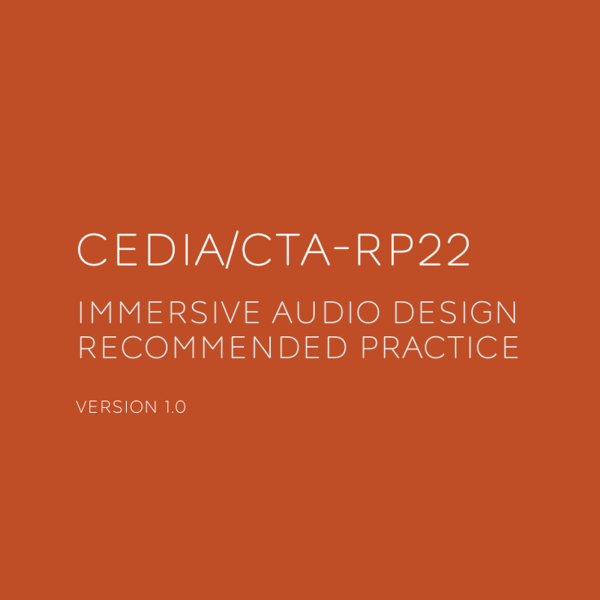If you want your home theatre to sound truly cinematic, it’s not just about how many speakers you have—it’s about where you put them. Chapter 5 of the RP22 immersive audio guidelines is all about speaker layout, and it’s a goldmine of expert advice.
Whether you’re using Dolby Atmos, DTS:X, or Auro-3D, correct speaker placement is the key to unlocking immersive, 3D audio that pulls you into the story.
1. Why Speaker Layout Matters
Immersive audio is designed to simulate real-world sound. For that to work, speakers need to be placed so that sound comes from precisely the right direction. Even the best equipment can fall flat if it’s placed incorrectly.
Chapter 5 helps system designers and enthusiasts create a layout that works for multiple audios formats and performs reliably across all seats.
2. The Formats: Dolby Atmos, DTS:X, Auro-3D
Each immersive format has its own recommendations:
- Dolby Atmos: Supports many configurations with overhead and height speakers
- DTS:X / DTS:X Pro: Offers flexibility in speaker counts and placements
- Auro-3D: Uses a layered approach, including a height layer and “voice of God” (ceiling) speaker
RP22 provides guidance on how to unify layouts so one system can support multiple formats when needed.
3. Speaker Zones and Angles
RP22 defines specific zones and angles for every type of speaker, such as:
- Screen speakers (front left, center, right)
- Side surrounds
- Rear surrounds
- Height speakers
- Top (ceiling) speakers
- Wide speakers for even more immersive coverage
These placements are based on the reference seating position (RSP) and calculated to optimize timing, clarity, and spatial accuracy.
4. Speaker Count and Coverage
More speakers can offer better coverage, but it’s not just about quantity. RP22 shows how to:
- Determine the optimal number of speakers for your room size
- Avoid gaps in coverage or overlapping speaker zones
- Use speaker arrays if needed to cover wide or irregular seating areas
In short: quality placement beats excessive speaker count every time.
5. Vertical and Horizontal Placement
Good immersive sound needs accurate vertical (height) and horizontal (surround) speaker placement:
- Height speakers should be mounted well above ear level, ideally on the ceiling or high on walls
- Surround speakers should be positioned at or just above ear level, and at the correct angles from the RSP
- Centre speakers must be aligned with the screen to avoid image/sound mismatch
6. Avoiding Common Mistakes
Chapter 5 helps avoid pitfalls like:
- Speakers aimed the wrong way
- Inconsistent distances between listener and speaker
- Poor spacing between surround channels
- Ceiling speakers placed too close or directly overhead
Even small errors can cause major audio issues, especially with object-based sound.
7. Creating a Unified Layout
RP22 promotes a unified speaker layout that supports multiple audio formats, reducing future upgrades and system conflicts. This means:
- Labelling speaker positions clearly
- Following a consistent layout regardless of format
- Using a design that’s scalable over time
Final Thoughts
Speaker placement is a science—and an art. Chapter 5 of RP22 offers clear, practical guidance to help you place each speaker for the best immersive experience possible.
If you’re building or upgrading a home theatre, start with layout, not equipment. A well-placed mid-range speaker will sound better than a poorly placed flagship model. It’s all about location, angles, and alignment.



